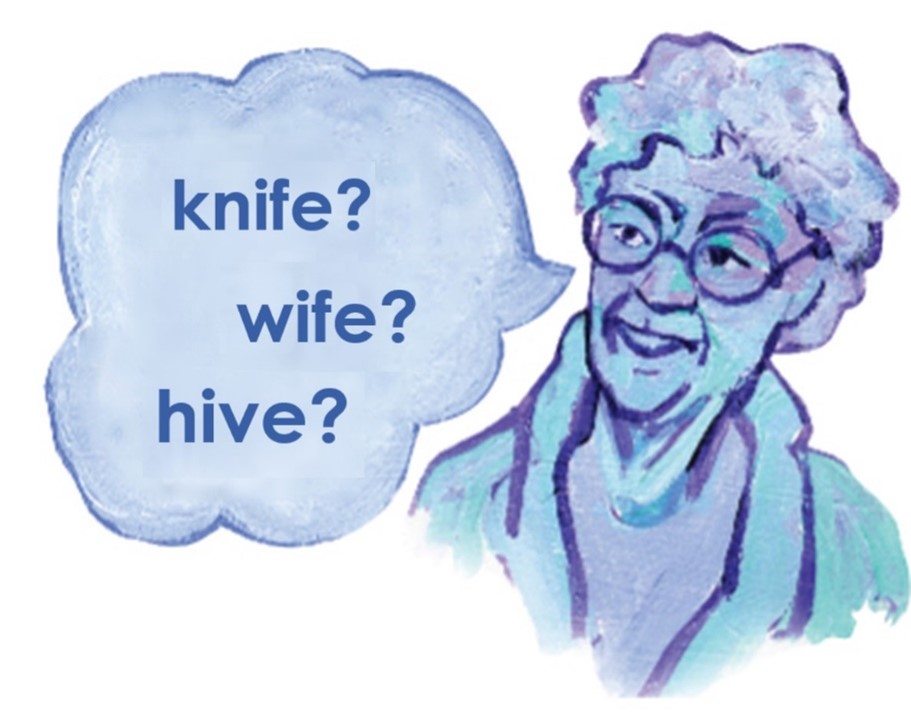Post-stroke Treatment – Speech Therapy
In the first days and weeks after a stroke, almost 50% of the stroke patients may have problems in speaking, reading, or writing. Some patients may also have difficulty in recognizing or understanding the meaning of words. Apart from that, one-third of stroke patients may have difficulty in swallowing.
When the right side of the body is affected by stroke, difficulties in communication would be more common as the language control center is located at the left side of the brain.
When the language center of the brain is damaged, speech and language impairment may occur. There are two main types of speech and language impairment, one is Aphasia and the other is Motor Speech Disorder. Patients with Aphasia would usually have difficulties in language understanding, expression and comprehension. In terms of expression, naming difficulties are more common. Patients can describe the usage of a certain item, but they cannot name it. They may even to name the “knife” as “fork”. Motor Speech Disorder is caused by neuromuscular damage, leading to incoordination of the articulatory organs. It is mainly characterized by inaccurate pronunciation and unclear enunciation, such as saying “knife” as “wife”.
Neurogenic Communication Disorder
Stroke damages brain nerves and may cause the following communication difficulties:
(1) Aphasia:
loss of ability in language understanding, expression and comprehension;
(2) Dyslexia:
loss of ability in accurate and fluent word reading and spelling;
(3) Dysarthria:
Due to the impact on the voice and articulation organs (i.e. the muscles use for speech are weak), there would be problems with pronunciation, vocalization, breathing, resonance or rhythm, resulting in unclear speech;
(4) Apraxia:
loss of ability to execute or carry out skilled movement and gestures, despite having the physical ability and desire to perform them. This refers to the problems in coordinating and controlling oral muscles. When speaking, it seems that the movements of oral muscles, such as lips, tongue, and cheeks, cannot be controlled;
(5) Cognitive Communication Disorders:
Communication disorders caused by problems in memory, concentration, problem-solving ability, learning ability and thinking ability. After assessing patient’s condition, the speech therapist will design an appropriate treatment plan specifically for the patient. Through practice, patient’s ability to control facial and oral muscles could be enhanced, and communication skills could be improved. Family members would also receive trainings to master communication skills with patients. If necessary, the speech therapist will use other communication tools to assist with treatment.
Swallowing Disorder
Patients with dysphagia have problems in coordinating and controlling oral muscle movements. When speaking, they seem to be unable to control the movements of oral muscles, such as lips, tongue, and cheeks. Moreover, patients may easily swallow food into the trachea by mistake, causing choking or breathing difficulty, which may lead to pneumonia and suffocation in severe cases. Speech therapists will work with specialists to provide a special X-Ray of Video-fluoroscopic Swallow Study (VFSS) or Fiberoptic Endoscopic Evaluation of Swallowing (FEES) for an in-depth comprehensive swallowing assessment. Based on the report, the speech therapist would understand the patient’s condition and then set up a tailormade treatment plan for that particular patient; such as improving food dilution / concentration and muscle training to improve the patient’s ability to swallow.
Stroke patients have different communication difficulties and degrees are vary. Encouragement and helps from family members are definitely important to patients. Family members should communicate more with patients so that patients would have more opportunities to practice different communication skills, and provide more encouragement and understanding of the difficulties they encounter, so that they can adapt more easily and gradually rebuild their self-confidence. In addition with speech therapy, patients’ communication ability or swallowing ability can eventually be improved.






